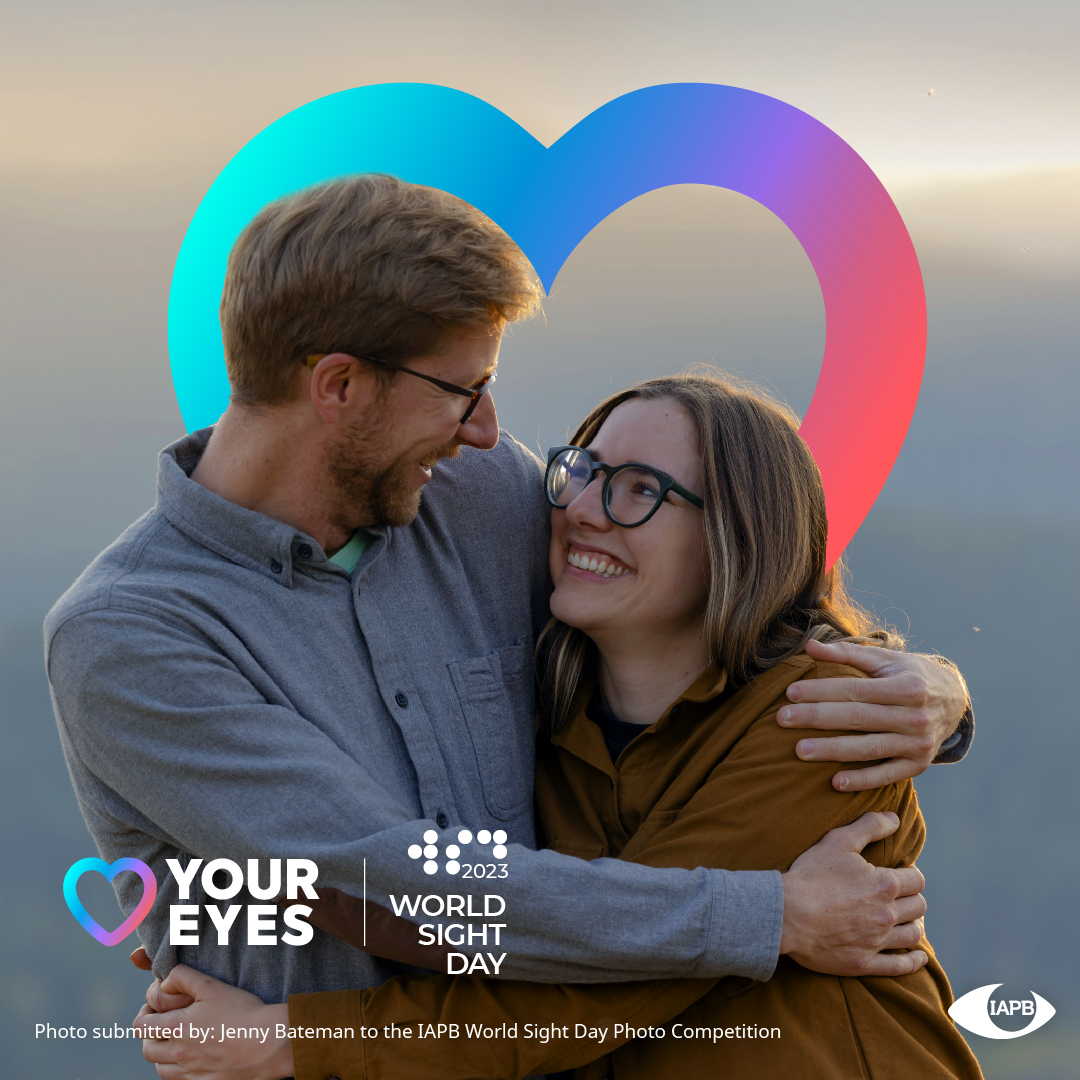Following the recent World Sight Day, earlier in October, local health professionals are recommending that residents check if they are due for a sight test.
Most people need to get their eyes tested every two years. These tests are vital to check on the health of the eye in general, not just if you need glasses or contact lenses.
There are many eye problems, such as glaucoma, that can become very serious if not treated early on and can lead to a loss of vision. A lot of damage to the eye can be easily prevented, but not reversed, so it’s important to take sight tests seriously.
Some people who are particularly at risk of developing eye problems are entitled to free tests, including those:
- aged over 60 years old
- aged under 16
- aged under 19 and still in full time education
- diagnosed with diabetes or glaucoma
People are also entitled to a free sight test if they receive certain types of financial assistance, such as universal credit or income support, or are named on a HC2 NHS certificate for help with health costs (and in some cases HC3 certificates).
Dr Sunil Hindocha, GP and Medical Director for NHS Lincolnshire ICB, said:
“It is a really great reminder to double check when the last time you had a sight test was. Many people don’t think they need one because their vision seems fine, but these tests are about more than just reading letters on a chart, they do a complete check on eye health.
“Not taking eye tests seriously can lead to problems, which could otherwise be treated very effectively if caught early on. The NHS makes sure that eye tests are provided free for those people who need them most, but it is important that everyone ensures they have regular eye tests.
“When it comes to staying healthy the eye is like any other part of the body. Benefits will come from eating a balanced diet which is full of nutrients like Vitamin B, as well as exercising regularly, stopping smoking and watching your weight.
“It is also important to stay screen smart. This means taking care to avoid straining your eyes by using a screen for too long. A simple way to do this is the 20–20-20 rule – look 20 feet in front of you every 20 minutes for 20 seconds. This helps limit eye strain, which can result in tired eyes, blurred vision and headaches.”
